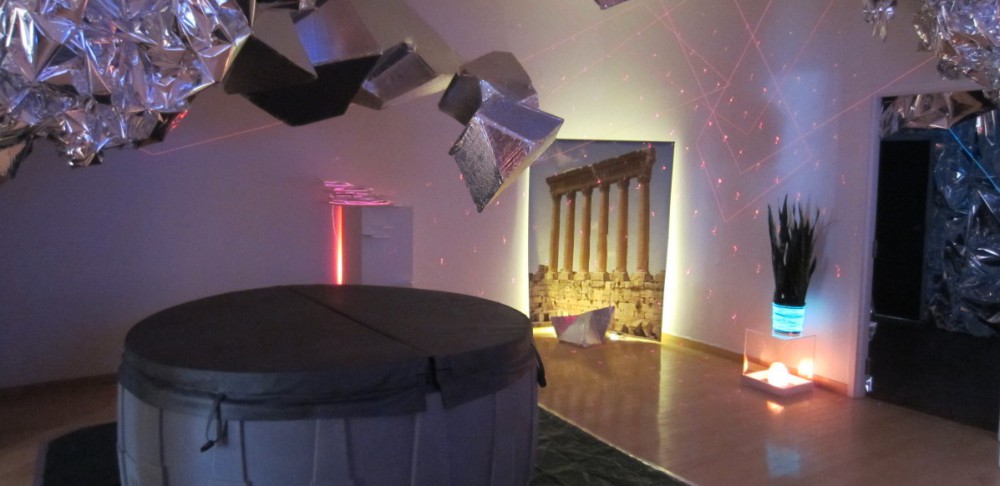So much drama. So much.
To start with, I hate time travel, because it really confuses the hell out of me, it’s been overused to death, but seeing how this book is way before all that, I’ll try my best.
In the first chapter, the introduction of the characters is a little unorthodox; we get a shot of one person then almost immediately a shot of another without much description of said characters. Then after that, we go through some weird time loop that sends us back an hour or two before the abusive scene we come across in the beginning. A sort-of keystone that made me conclude that this was happening was the “ballpoint pen” she picked up on the subway car (she mentioned it in chapter one before the abuse scene).
Throughout the first chapter through a little more than half of the second, we don’t get the sense that this is really a science fiction novel. But then, as we get introduced to Luciete, a mysterious figure in which we first meet in Connie’s dreams, the science begins to tie in with the fiction. And as we read on, we begin to realize or form a conclusion using the bits and pieces acquired about Luciete, that she is a time traveler (and also because she tells Connie) from the year 2137.
For a future, unlike we see in most science fiction, it’s probably not what we were expecting to visualize. When Connie gets pulled into 2137 with Luciete, there are no skyscrapers, no ships, nothing what we expected of a year far out of reach than where we are today. What we really changed through the eons was the society; the people.
From what I can gather during the third chapter when Connie goes with Luciete to her time, Government is virtually nonexistent and there is no registry of people. When born, a name (no last name, just one name) is given to you, and in time, whenever, that person is allowed to change his or her name freely at the cost of people forgetting who you are. That being said, having an individual almost isn’t possible, because it seems that everybody is connected to each other by some means; a sort of hive mind without a “queen” or governing body or individual.
To add, we get a sense that the future totally differs from that of the past (Connie’s present). In Connie’s present time, there is a huge line between male and female while this kind of utopian future of Luciete’s completely erases that line.
I apologize if this was short, this is all that really clicked into my head. I’m sorry to say that it was a really slow four chapters.




The way you mention that in the future society it seems impossible to be an individual, that they are all connected without a governing body reminded me of the Na’vi from the movie Avatar. I dunno why, it just did. The fact that they all seemingly look alike, being androgynous and all, and that they live and work as a community just strengthens the resemblance.